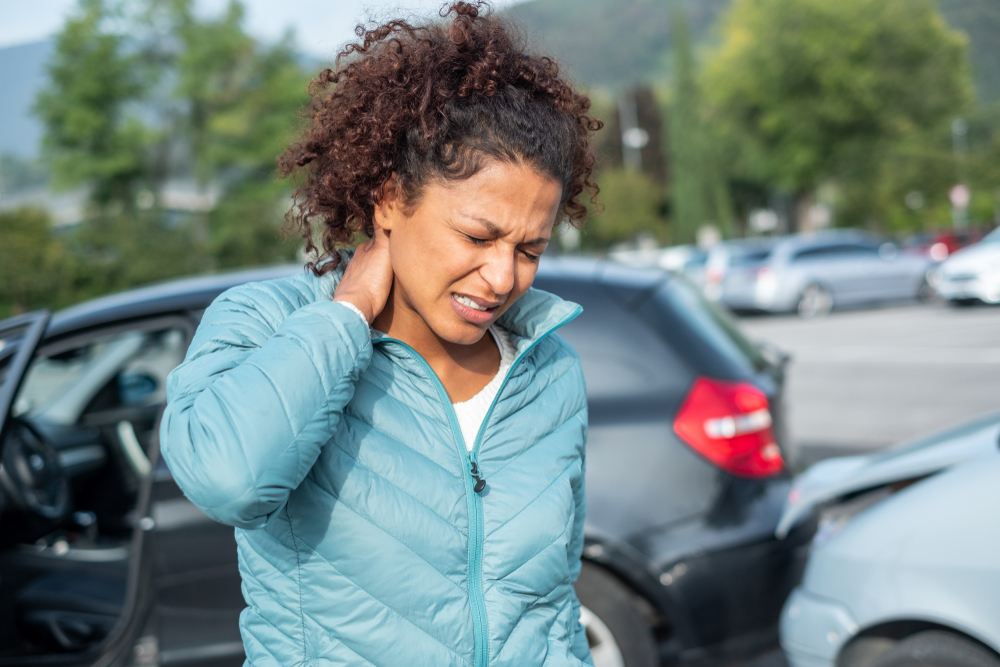
How Can You Avoid the Most Common Car Accident Injuries?
When you travel to work, bring your kids to school, or go out to get groceries in your vehicle, you rarely think about the risks posed by a potential car accident. However, according to data from the National Highway Traffic Safety Administration (NHTSA), upwards of 17,000 car accidents occur daily in the US. While you can’t always prevent yourself from being involved in a crash, taking certain simple precautions can help you avoid some of the most typical car accident injuries, courtesy of our reputable lawyers for car crash injuries in Las Vegas.
What Injuries Typically Result From a Car Accident?
Modern vehicles are designed with the latest safety features to protect occupants during a crash. From airbags that cushion passengers from side impacts to crumple zones that disperse the energy of a collision away from the seating areas, advances in car safety technology save lives every year. However, it has so far proven impossible to completely protect vehicle occupants from getting hurt in all crashes. Some of the most common injuries associated with car accidents include:
- Back, head, and neck injuries
- Broken bones
- Burns
- Lacerations
- Organ damage
- Paralysis
- Severed limbs
- Traumatic brain injury (TBI)
- Whiplash
How Can You Keep Yourself Safe in the Event of an Accident?
While you never know when a car accident may happen to you, there are steps you can take every time you travel to improve your odds of getting through a crash unscathed. Some of the top safety tips include:
- Adjust your headrest: It should be level with the top of your head and sit no more than two inches from the back of your skull to prevent whiplash and neck injuries.
- Wear your seatbelt correctly: Your lap belt should sit snugly across your lap, not your abdomen, and your shoulder belt should cross your torso, not your neck.
- Take precautions around airbag areas: Airbags are critical during accidents, but if you are not properly positioned, they can actually cause more damage. Be sure to sit at least ten inches away from your steering wheel, and do not prop your feet on the dashboard if you are a passenger.
- Sit upright: Safety features are designed for occupants sitting in an upright position, so this will provide you with maximum protection.
- Perform regular maintenance on your car: Keeping your vehicle in good working order decreases your risk of having an accident in the first place and ensures that all your safety systems are functioning as they should.
If You Do Get Injured in an Auto Accident, What Should You Do?
Unfortunately, despite the best prior planning, even the safest drivers can wind up injured in a car crash caused by someone else. If you sustain serious injuries in an accident, call 911 for emergency medical help. Even if your injuries appear minor, you should always seek a prompt medical evaluation to establish a record of your damages and rule out any potentially life-threatening injuries that could be masked by shock.
After getting medical help for yourself and anyone else injured in the accident, you should contact a trusted car accident attorney. We can advise you on further steps you can take to safeguard your rights so you can get the compensation you deserve. Contact our office at (702) 444-3228 to schedule a free, no-obligation consultation regarding your car accident injuries.
